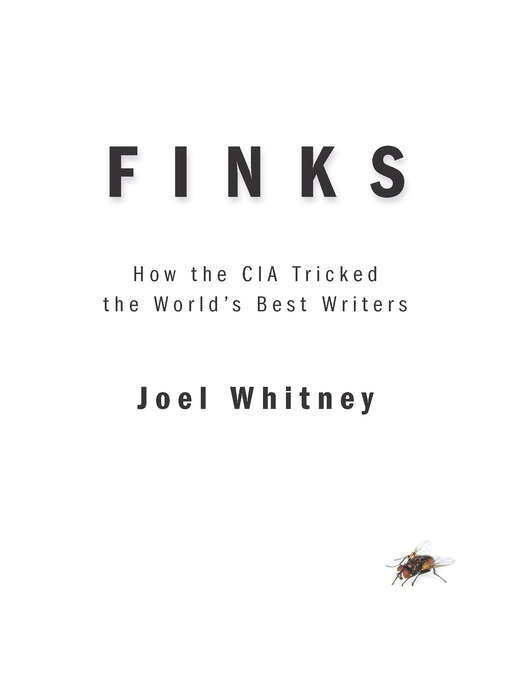
Finks
How the C.I.A. Tricked the World's Best Writers
کتاب های مرتبط
- اطلاعات
- نقد و بررسی
- دیدگاه کاربران
نقد و بررسی

February 1, 2017
Among the Cold War's many grim realities, some only now being revealed, is the extent of CIA influence on the publishing industry. Whitney's (cofounder, Guernica) exhaustive research and interviews uncover details belying the myth of intellectual solidarity and comfort commonly projected onto the literati. In 1982, John Train, founding managing editor of the Paris Review, offered funding from his NGO, the Afghanistan Relief Committee, for a film about that country, which amounted to "Cold War propaganda on broadcast television." Train's archives from the period document his use of a shell nonprofit with a CIA code name to send journalists on anti-Soviet intelligence missions. Novelist and Paris Review cofounder Peter Matthiessen admitted to out-of-the-loop fellow cofounder Harold "Doc" Humes that, in 1952, the magazine was created as a cover for Matthiessen's role as a spy for the CIA. Editor-in-chief George Plimpton was complicit but apparently toed the line by claiming aesthetics--not politics--guided his decisions. Plimpton's visits to idol Ernest Hemingway in Cuba are chronicled, as well as the witting and unwitting involvement of Gabriel Garcia Marquez, Pablo Neruda, and others. VERDICT Will appeal to readers curious about the political agendas behind CIA manipulation of publishing in America and abroad during and after the Cold War.--William Grabowski, McMechen, WV
Copyright 2017 Library Journal, LLC Used with permission.

























دیدگاه کاربران